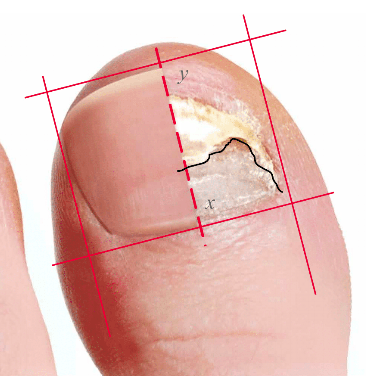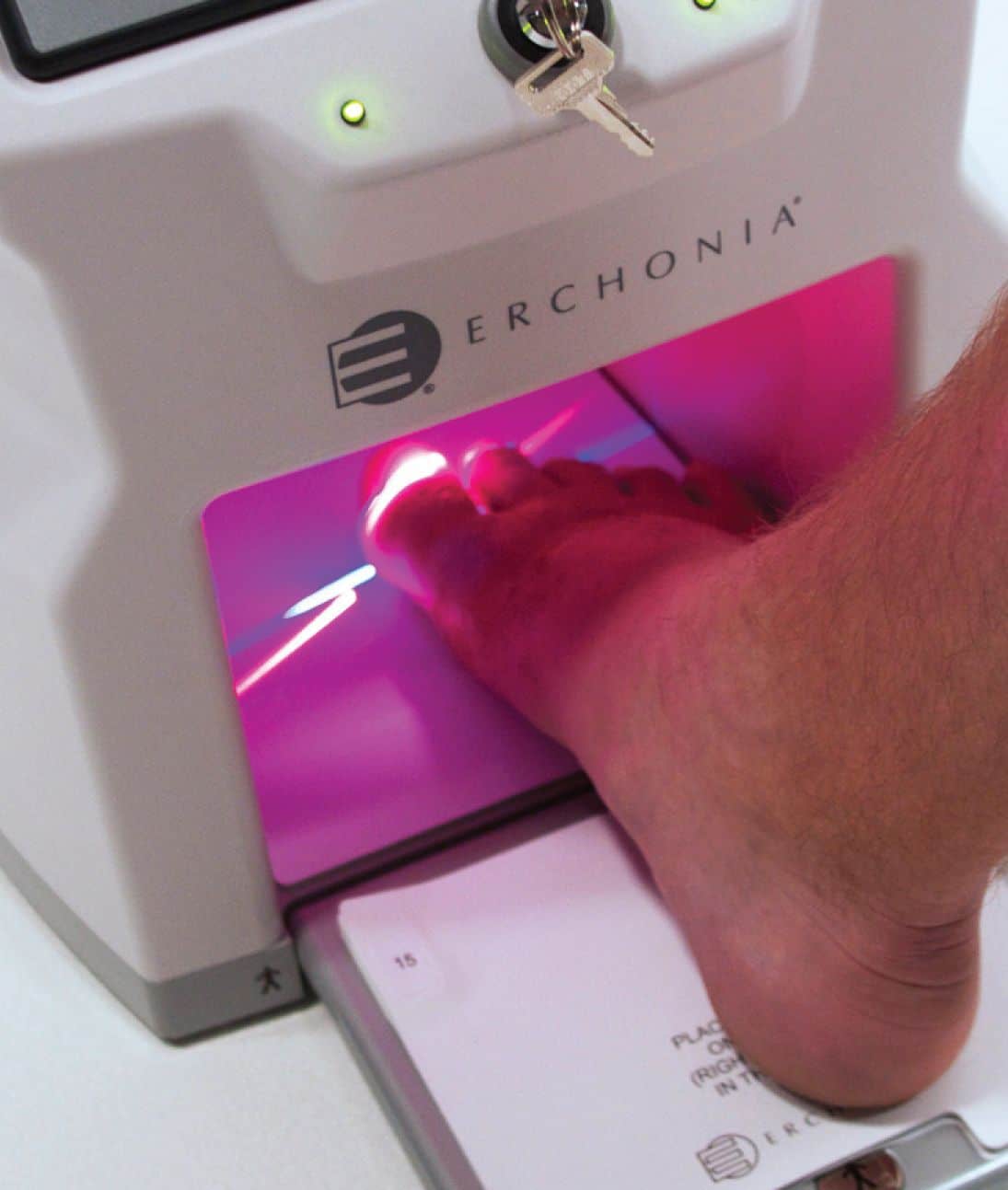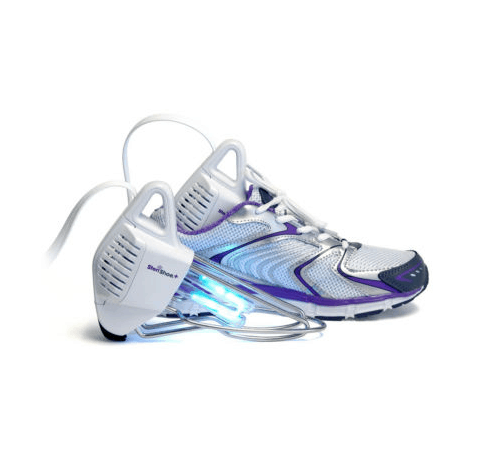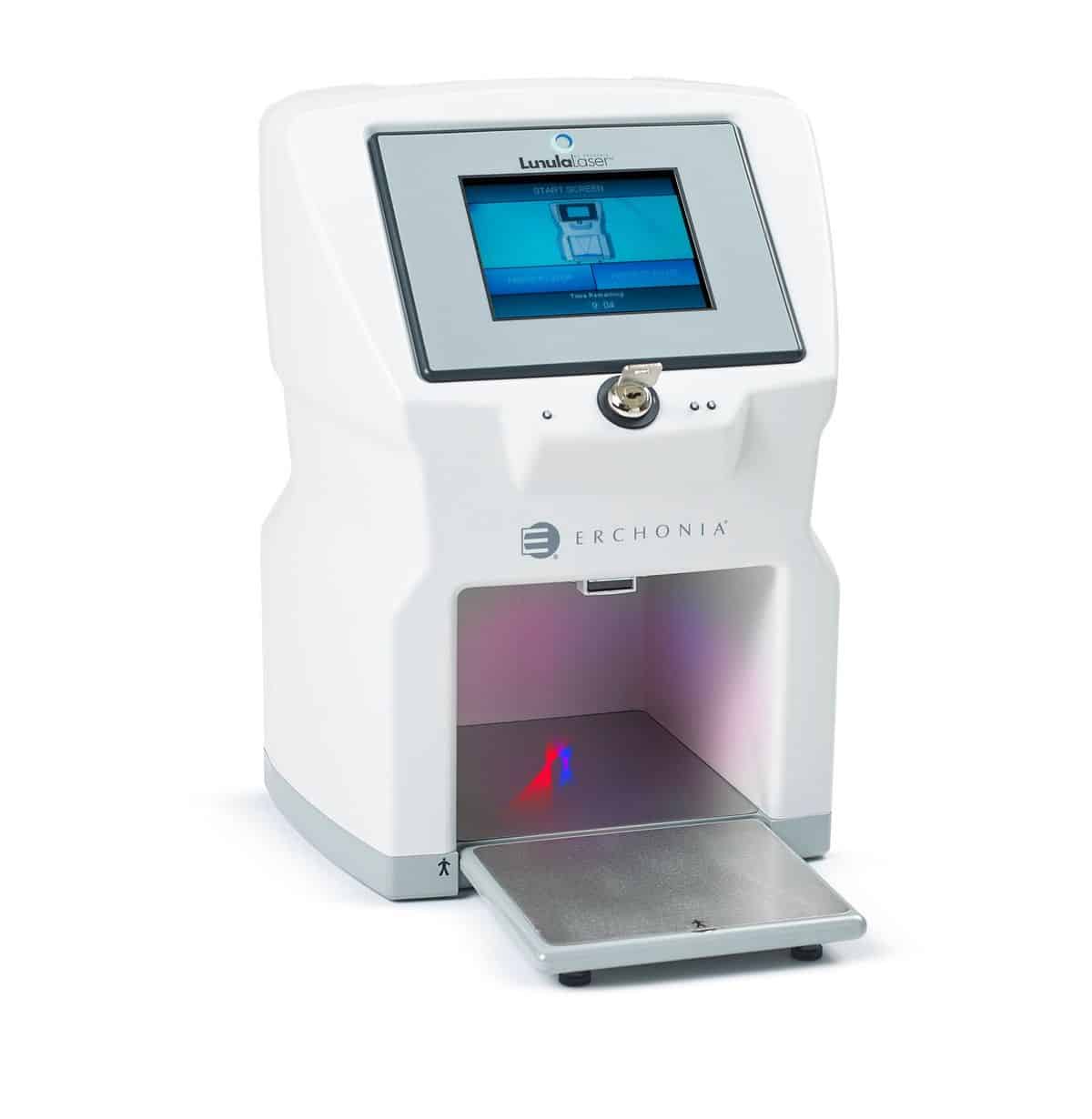Lunula Laser Fungal Nail Treatment
Market Street Clinic has now introduced the first Lunula non-thermal, painless treatment of Onychomycosis (fungal nail infection) targeting nail fungus and stimulating new clear nail growth in Cornwall.
Safe and effective Lunula Laser poses none of the risks and harmful side effects of oral medications and is painless, unlike other laser treatments.
Lunula laser is able to target fungal cells directly and has no detrimental effect on healthy skin or nail and requires no anaesthetic and no recovery period.
-97% of subjects demonstrated new growth of clear nails
-Worlds leading fungal nail treatment
-No dangerous oral anti-fungal medications
-No pain, no downtime and no risk
-6.1mm new clear nail growth at 6 months
-1st and only FDA Market cleared device for new clear nail growth at 6 months
At present Lunula Laser is the safest, most effective fungal nail treatment. Fast and used extensively worldwide, it produces much higher success rates than any traditional treatment, including topical treatments such as ointments, sprays, lacquers and oral medications.

Onychomycosis is a fungal infection that occurs as a result of the fungi that cause athletes foot infecting either the fingernails or toenails. Usually spreading from the skin into the nails. The most prevalent fungi that infects the foot is called a “dermatophyte”. Fungal infections normally develop over time, so any immediate difference may not cause any obvious signs at first.
Symptoms :-
Fungal toe nails often appear to have white yellow or brown patches and may alter in its structure. It can affect a small part of the toe nail or the whole the nail sometimes making it thick crumbly and brittle and very difficult to cut.
As it progresses, the infection can cause :-
- Discolouration of the nail – it may turn white, black, yellow or green
- Thickening and distortion of the nail – it may become an unusual shape and be difficult to trim
- Pain or discomfort – when placing pressure on the affected nails
- Pieces may crumble, break off and come away completely
- The surrounding skin may also become infected and become itchy, flaky dry or red and swollen.

Causes :-
- You’re more liable to get a fungal nail infection if you:-
- Don’t keep your feet clean and dry
- Hot and sweaty feet
- Wear shoes made of man made materials
- Walking barefoot in communal showers, gyms and changing rooms is where most people catch fungal infections
- Injuries
- A weak immune system
- Diabetes, psoriasis, obesity or peripheral arterial disease
- Living in hot and humid climates.
- Severe injuries to the nail may also lead to a bacterial infection
Communal areas where there are showers changing rooms and gyms are where people are most likely to come in to contact with this type of infection. If you get a manicure or pedicure at a nail salon, be sure to ask how the staff disinfects their tools and how often they do it. Tools, such as emery boards and nail clippers, can spread fungal infections from person-to-person if they’re not sanitized.
Prevention:-
You can reduce your risk of developing a fungal nail infection by:-
- Keeping your hands and feet clean and dry
- Well-fitting shoes and clean socks made of natural materials
- Keeping the nails short
- Using your own clippers and towels and not sharing with other people
- Wearing flip flops or protective shower shoes in communal areas
- Replacing infected footwear or have them sanitised
- Treat athletes foot as soon as possible to prevent the infection spreading to your nails
- Nail salon equipment can sometimes be the source of fungal nail infections. If you regularly visit a salon, make sure any equipment used is properly sterilised between uses.
- Fungal nail infections can be spread to other people, so you should take steps to avoid this if you have an infection.


Treatments :-
- Oral anti fungal medication (possible side effects)
- Nail Laquer (we have not found this to be very successful)
- A procedure to remove the nail completely may be recommended in severe cases
- Low level laser treatment, where a high-energy laser is used to destroy the fungus.(no side effects)
Treatment or not, you should still practise good foot hygiene to stop the infection getting worse or spreading to others.
A Podiatrist will be able to diagnose fungal nails and advise on the appropriate care plan.